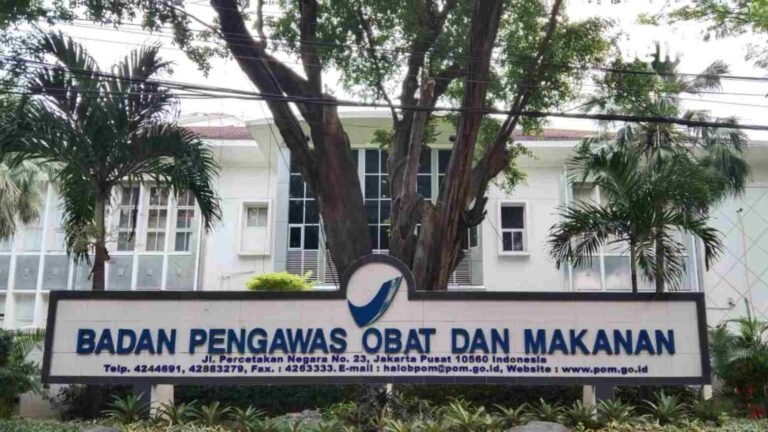When shutting down a business, obtaining tax clearance in Indonesia is a critical legal step. This process ensures that the company has met all its tax obligations before officially closing. Failure to do so can delay the liquidation process or result in legal complications. Whether you’re winding down a local entity or a foreign-owned company, tax clearance is essential for smooth deregistration.
What is Tax Clearance in Indonesia?
A tax clearance, known locally as Surat Keterangan Fiskal (SKF), is a document issued by the Directorate General of Taxes (DGT). It certifies that a company has complied with tax obligations over a specific period. This includes filing tax returns and paying all dues. The SKF remains valid for one month from its issuance date.
Under Regulation PER-03/PJ/2021, companies must apply for tax clearance when they need to access certain government services or finalize legal processes, such as closing a business. The SKF is also mandatory for companies seeking to obtain tax facilities or restructure operations legally.
Read More: Sri Mulyani’s Tax Reforms Drive March Revenue Turnaround
Why Tax Clearance is Required for Company Closure
Obtaining tax clearance is not just a procedural requirement; it is a legal necessity. The Indonesian tax office requires proof that the company has no outstanding tax liabilities before it can be deregistered.
- Tax clearance ensures:
- The company has fulfilled its tax filing duties (including annual and monthly returns).
- No unpaid taxes or penalties remain.
- Legal compliance with closure-related obligations.
Without an SKF, the company cannot proceed with legal dissolution, especially when deregistering through the Online Single Submission (OSS) system.
Steps to Tax Clearance for Company Closure in Indonesia
Securing a tax clearance involves several clearly defined steps. Following them precisely helps avoid rejection or delays:
- File all tax returns for the last two fiscal years (Annual Income Tax Returns) and the last three tax periods (VAT Returns), if applicable.
- Clear any tax debts or apply for installment/delay arrangements if needed.
- Prepare the required documents, including:
- Formal request letter
- Power of attorney (if submitted by a proxy)
- Employee ID (if submitted by company staff)
- Copy of deed of establishment or recent changes
- Latest tax returns reflecting current management
- Submit the SKF application manually at the local tax office (KPP) or through DJP Online
- Print the SKF, once the system shows all variables as “Fulfilled”
If submitted completely, the DGT issues the SKF or a rejection letter within three working days.
Read More: Indonesia’s Coretax System No Longer Facing Issues Deputy Says
Common Challenges in the Tax Clearance Process
While the steps are straightforward, companies may still encounter roadblocks. Understanding these in advance can save time:
- Incomplete tax filings, especially for prior periods
- Unsettled tax debts or unclear payment status
- Delays caused by ongoing tax audits or investigations
- System-based rejection from DJP Online due to mismatched records
To overcome these issues, it’s advisable to resolve any discrepancies and consult a tax professional before submission.
Partner with Seven Stones Indonesia for a Smooth Exit
Navigating tax clearance in Indonesia can be challenging without the right guidance. Seven Stones Indonesia offers hands-on support to ensure your business meets all tax obligations before closure. Our experienced consultants help streamline the application process, resolve compliance issues, and facilitate communication with the tax office.
Whether you’re closing a foreign investment company (PMA) or a local entity, we help ensure a compliant and hassle-free exit. Contact Seven Stones Indonesia today to get professional assistance for your company’s tax clearance and closure.
Source: klikpajak.id, cekindo.com, artikel.pajakku.com
Image: Getty Images

















